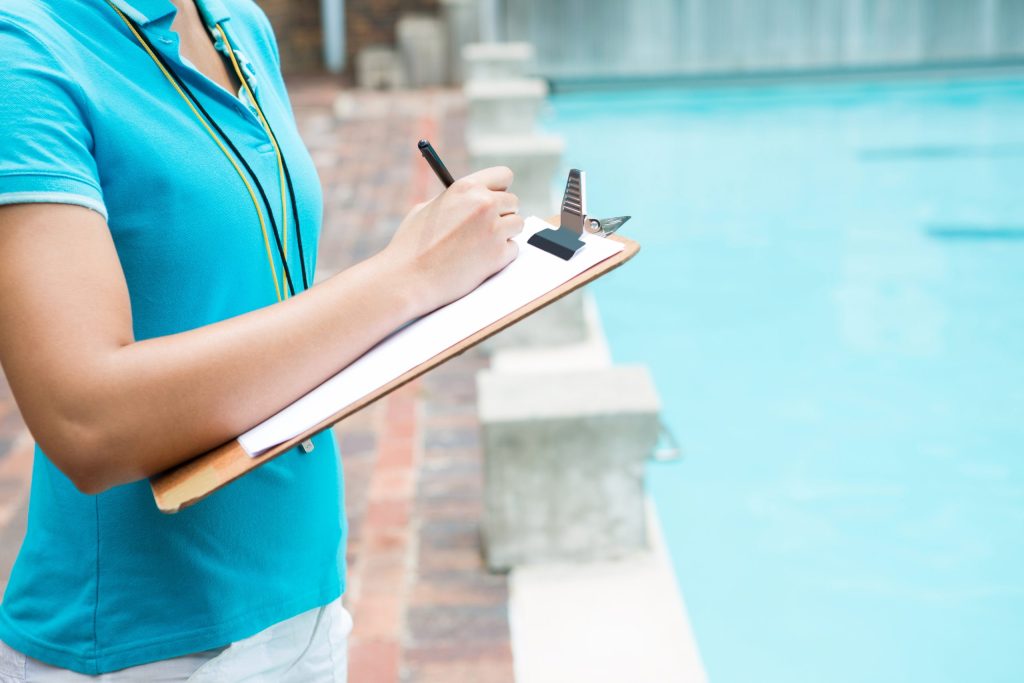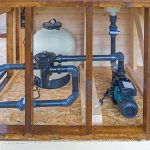How to Reduce Pool Chemical Costs Without Compromising Safety
Maintaining a commercial or residential pool requires a significant investment in chemicals to ensure water quality and compliance with health regulations. However, excessive chemical use can drive up operational costs unnecessarily. Pool operators must find ways to optimize chemical usage without compromising safety or efficiency. By implementing best practices in water testing, filtration, maintenance, and purchasing, operators can reduce pool chemical costs without sacrificing water quality.
Understanding Pool Chemical Expenses
Common Pool Chemicals and Their Costs
Pool maintenance relies on several key chemicals, each with specific functions:
- Chlorine – The primary disinfectant used in liquid, tablet, or granular form.
- pH Balancers – Including sodium carbonate (soda ash) to raise pH and muriatic acid or sodium bisulfate to lower it.
- Alkalinity Adjusters – Used to stabilize pH fluctuations.
- Calcium Hardness Increasers – Prevents pool surface and equipment damage.
- Cyanuric Acid (Stabilizer) – Helps prevent chlorine degradation from UV exposure.
- Algaecides – Controls algae growth and reduces chlorine demand.
Factors Contributing to High Chemical Costs
Several factors lead to increased spending on pool chemicals, including:
- Overuse or improper dosing due to inaccurate water testing.
- Poor circulation and filtration, requiring more chemical intervention.
- Algae growth and contamination from poor maintenance practices.
- Evaporation and splash-out, leading to chemical loss.
- Inefficient storage and handling that causes chemicals to degrade faster.
Optimizing chemical usage not only cuts costs but also enhances water quality and extends the lifespan of pool equipment.
Best Practices for Reducing Pool Chemical Costs
Proper Water Testing and Monitoring
Regular water testing ensures chemical levels remain balanced, preventing unnecessary dosing. Overuse of chemicals often results from inconsistent or inaccurate testing.
Key strategies for proper testing:
- Follow water testing frequency requirements per code for commercial pools and at least 2–3 times per week for residential pools.
- Use digital testers or liquid reagent kits instead of unreliable test strips which are not commercially approved for public pools.
- Keep records of test results to identify patterns and adjust chemical usage accordingly.
Optimizing Pool Filtration and Circulation
Efficient circulation and filtration reduce the need for excess chemicals by ensuring even distribution and preventing water stagnation.
Best practices for improved filtration and circulation:
- Run pool pumps for at least 8–12 hours daily for residential pools (or as recommended based on pool size) and 24 hours for commercial pools.
- Regularly backwash and clean filters to prevent clogging.
- Ensure proper water turnover rate
Using Stabilizers and Alternative Treatments
Using stabilizers and alternative sanitization methods can help extend the life of chlorine and reduce reliance on traditional chemicals.
Effective alternative solutions:
- Cyanuric acid (CYA) helps maintain chlorine levels by protecting it from UV degradation.
- Saltwater systems generate chlorine naturally, reducing the need for added chlorine.
- UV and ozone systems lower chlorine demand by providing additional disinfection.
Efficient Pool Maintenance and Cleaning
Proper pool maintenance prevents algae growth and contamination, which can lead to excessive chemical use.
Maintenance strategies to reduce chemical costs:
- Skim and vacuum regularly to remove debris that can affect chemical balance.
- Brush pool walls and floors to prevent algae buildup.
- Shock the pool only when necessary, rather than as a routine practice.
- Maintain proper water levels to minimize chemical loss from splash-out and evaporation.
Storage and Handling Best Practices
Improper storage and handling can lead to chemical degradation and unnecessary waste.
Storage tips to extend chemical lifespan:
- Store chemicals in a cool, dry, and well-ventilated area away from direct sunlight.
- Keep chemicals in sealed containers to prevent exposure to moisture and contaminants.
- Use chemicals in a first-in, first-out order to avoid expired products.

Cost-Effective Bulk Purchasing and Supplier Negotiation
Purchasing chemicals in bulk can significantly reduce costs, especially for commercial pool operators. However, bulk buying must be managed correctly to avoid excess inventory and spoilage.
Ways to save on pool chemical purchases:
- Buy in bulk for commonly used chemicals but ensure proper storage conditions.
- Compare suppliers to find the best pricing without compromising quality.
- Consider generic brands that meet the same standards as name-brand chemicals.
- Join a pool maintenance association to access discounts from industry suppliers.
Training Staff for Smarter Chemical Use
A well-trained pool operator can significantly reduce chemical waste by understanding how to manage pool chemistry efficiently. Investing in professional training ensures compliance with health regulations and cost-effective chemical use.
Benefits of staff training in pool operations:
- Avoids common mistakes such as over-chlorination or misusing pH adjusters.
- Ensures adherence to regulatory guidelines, preventing costly violations.
- Reduces liability by maintaining safe and balanced pool water.
- Improves overall operational efficiency, leading to lower costs.
Certified Pool Operator (CPO®) training provides comprehensive knowledge on water chemistry, filtration systems, and best practices for cost management.
Take Control of Your Pool’s Safety and Costs
Reducing pool chemical costs without compromising safety requires a combination of precise water testing, optimized filtration, efficient maintenance, and staff training. Investing in proper education and best practices can lead to significant long-term savings while ensuring pool safety and compliance.
For professional guidance on pool operations and CPO® certification, contact Pool Operation Management today. Our expert training and consulting services help pool operators enhance efficiency and reduce costs.






